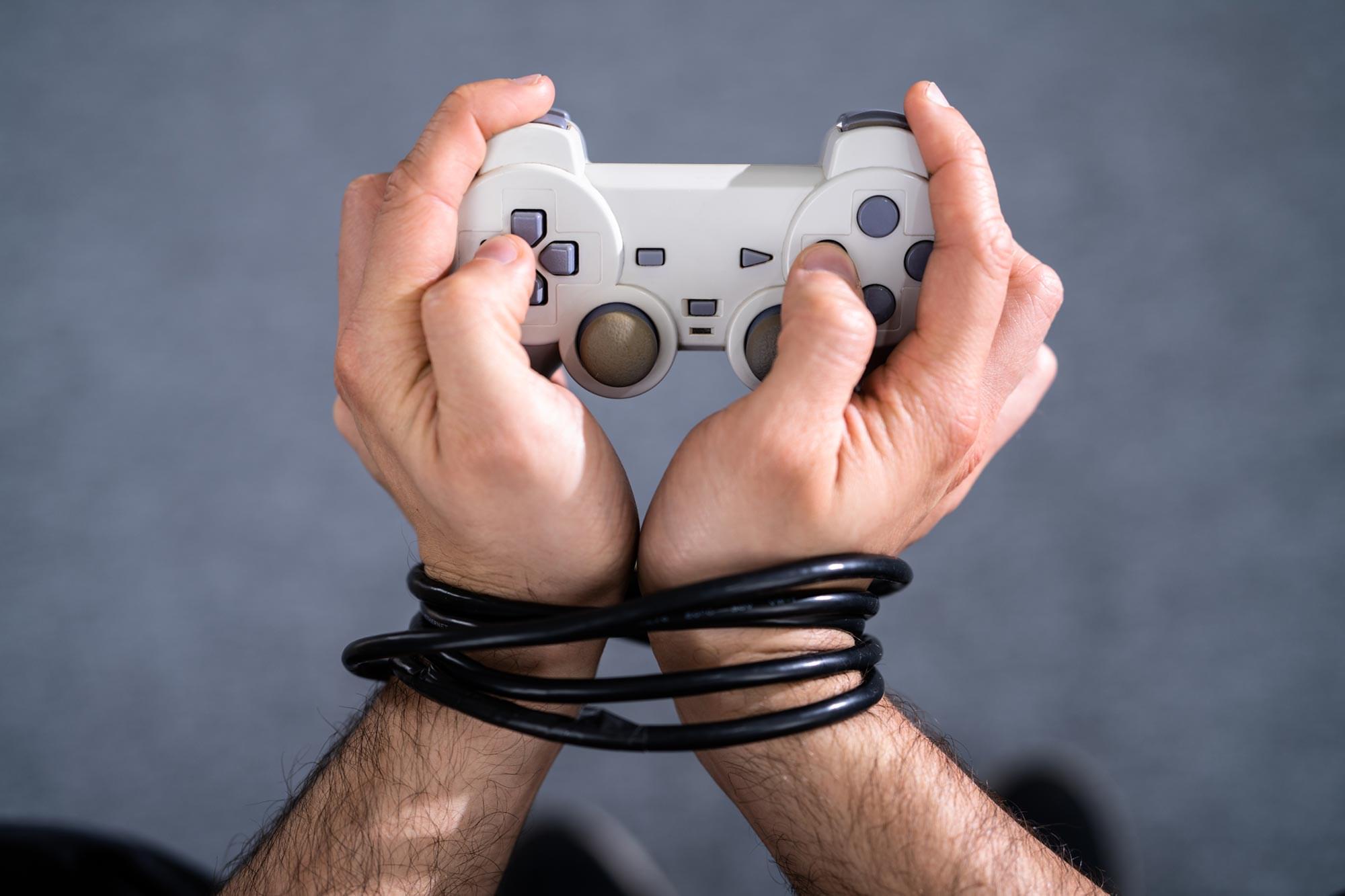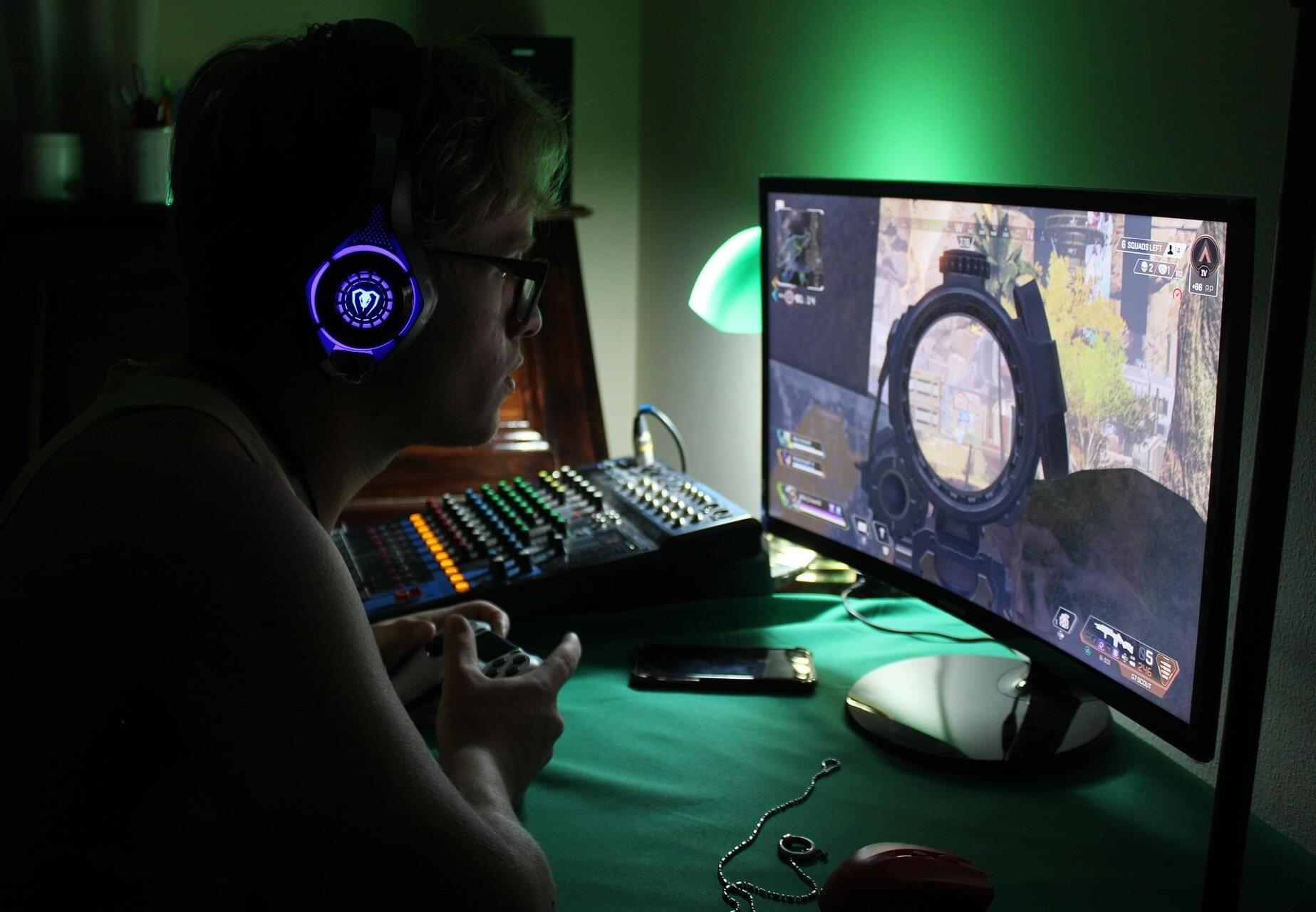Footage showing two players in a locally-hosted game is “really hacky,” but it works.
Category: entertainment – Page 2

The 20 Largest Beings In All Of Fiction
What if I told you that Godzilla, planets, and even the universe itself aren’t anywhere near the biggest beings in fiction?
Across movies, anime, comics, mythology, and cosmic horror, there are aliens so massive that galaxies are decorations, universes are toys, and reality itself exists inside them.
In this video, we rank the 20 BIGGEST ALIENS EVER IN FICTION — strictly by SIZE, not power or popularity.
We start with continent-crushing monsters like Starro…
move through planet-eaters like Unicron and Galactus…
and end with omniversal entities so vast that everything you know exists within them.
From Norse mythology and Lovecraftian horror to Marvel, DC, anime, and sci-fi films, this list escalates FAST — and by the end, scale itself stops making sense.
👉 Which alien blew your mind the most?
Drop a comment, like the video, and subscribe for more insane size breakdowns, cosmic rankings, and fictional mega-structures.
Think bigger.

Internet Gaming Disorder is affecting a significant portion of young adults
Researchers out of Spain and Italy report a globally pooled Internet Gaming Disorder prevalence of 6.1% among adults ages 18–35. Internet Gaming Disorder is considered a condition for further study in DSM-5-TR, with official classification in ICD-11.
Gaming problems often get viewed as an adolescent concern, while evidence indicates growing vulnerability in young adults. Late adolescents and young adults tend to show higher levels of depression, anxiety, and stress, along with lower self-esteem, compared to healthy regular gamers.
DSM-5-TR includes nine criteria for Internet Gaming Disorder, including preoccupation with gaming, withdrawal symptoms, tolerance, unsuccessful attempts to control gaming habits, loss of interest in previous hobbies, continued excessive gaming despite problems, deception about the extent of gaming, gaming used to escape negative mood, and jeopardizing relationships or opportunities. Diagnosis requires at least five of those nine criteria within 12 months.

AMD at CES® 2026
Join AMD Chair and Chief Executive Officer, Dr. Lisa Su, for her keynote at CES 2026, the most powerful technology event in the world. Dr. Su returns to the CES stage in Las Vegas to highlight, alongside partners and customers, the AMD vision for delivering future AI solutions – from cloud to enterprise, edge and devices.
Discover more: https://www.amd.com/en/corporate/even… Subscribe: https://bit.ly/Subscribe_to_AMD Join the AMD Gaming Discord Server: / discord Visit the AMD Gaming Community Website: https://www.amdgaming.com/ Like us on Facebook: https://bit.ly/AMD_on_Facebook Follow us on Twitter: https://bit.ly/AMD_On_Twitter Follow us on Twitch:
/ amd Follow us on LinkedIn: https://bit.ly/AMD_on_Linkedin Follow us on Instagram: https://bit.ly/AMD_on_Instagram ©2025 Advanced Micro Devices, Inc. AMD, the AMD Arrow Logo, and combinations thereof are trademarks of Advanced Micro Devices, Inc. in the United States and other jurisdictions. Other names are for informational purposes only and may be trademarks of their respective owners.
Subscribe: https://bit.ly/Subscribe_to_AMD
Join the AMD Gaming Discord Server: / discord.
Visit the AMD Gaming Community Website: https://www.amdgaming.com/
Like us on Facebook: https://bit.ly/AMD_on_Facebook.
Follow us on Twitter: https://bit.ly/AMD_On_Twitter.
Follow us on Twitch: / amd.
Follow us on LinkedIn: https://bit.ly/AMD_on_Linkedin.
Follow us on Instagram: https://bit.ly/AMD_on_Instagram.
©2025 Advanced Micro Devices, Inc. AMD, the AMD Arrow Logo, and combinations thereof are trademarks of Advanced Micro Devices, Inc. in the United States and other jurisdictions. Other names are for informational purposes only and may be trademarks of their respective owners.

NVIDIA Reportedly Plans to Bring Back RTX 3060 Due to DRAM Shortages
With the AI industry effectively crippling PC gaming – and, to a lesser extent, gaming overall – by driving hardware prices to some absurd levels, it appears that NVIDIA, undeniably one of, if not the biggest beneficiary of the AI boom, is looking to ease a crisis it itself has inadvertently helped create by rewinding the clock half a decade and bringing back the GeForce RTX 3,060 GPU, discontinued in August 2024.
Physicists & Philosophers debunk The Fine Tuning Argument
The Fine-Tuning Argument is often seen as the best argument for the existence of God. Here we have assembled some of the world’s top physicists and philosophers to offer a reply. Not every critic of the argument comes from the same perspective. Some doubt there is a problem to be solved whilst others agree it is a genuine problem but think there are better solutions than the God hypothesis. Some like the multiverse and anthropics other don’t. We have tried to represent these different approaches and so it should be taken as given, that not all of the talking heads agree with each other. Nevertheless, they all share the view that the fine-tuning argument for God does not work. Nor are all the objectors atheist, Hans Halvorson offers what we think is a strong theological objection to the argument. This film does not try to argue that God doesn’t exist only that the fine-tuning argument is not a good reason to believe in God. Most of the footage was filmed exclusively for this film with some clips being re-used from our Before the Big Bang series, which can be viewed here: • Before the Big Bang 5: The No Boundary Pro… All of the critics of the fine tuning argument that appear were sent a draft of the film more than a month before release and asked for any objections either to their appearance, the narration or any other aspect of the film. No objections were raised, and many replies were extremely positive and encouraging. A timeline of the subjects covered is below:
(We define God as a perfect Omni immaterial mind as for example modern Christians and Muslims advocate, there are other conceptions of God which our video does not address).
Just to be clear, this is a polemical film arguing against the fine tuning argument.
Timecodes.
0:00 Introduction.
4:11 The universe as a roll of the dice.
6:15 what is probability?
7:28 probability problems.
9:25 measure problem.
15:45 deceptive probabilities.
20:23 the flatness problem.
22:14 counterfactuals versus probabilities.
23:59 fine tuning versus God.
37:02 necessity.
38:53 multiverse and anthropics.
47:34 Boltzmann brains.
49:45 Entropy.
52:45 Cosmological Natural Selection.
59:10 conclusion.

Chess960’s random setups still favor white, new study reveals
Chess is a relatively simple game to learn but a very difficult one to master. Because the starting positions of the pieces are fixed, top players have relied on memorizing the “best” opening moves, which can sometimes result in boring, predictable games. To encourage more creative play and move away from pure memory, former world champion Bobby Fischer proposed Chess960 in the 1990s.
This variant of the game is so called because there are exactly 960 starting positions. It randomizes where the pieces at the back of the board (such as the knights, bishops and the queen) are placed at the start while keeping the rest of the rules the same. Although it was thought that this would make starting the game equally fair and complex for both players, new research suggests otherwise.
The deepest question: Who designed life on Earth? | Neil Gershenfeld and Lex Fridman
Lex Fridman Podcast full episode: https://www.youtube.com/watch?v=YDjOS0VHEr4Please support this podcast by checking out our sponsors:- LMNT: https://drinkLM…